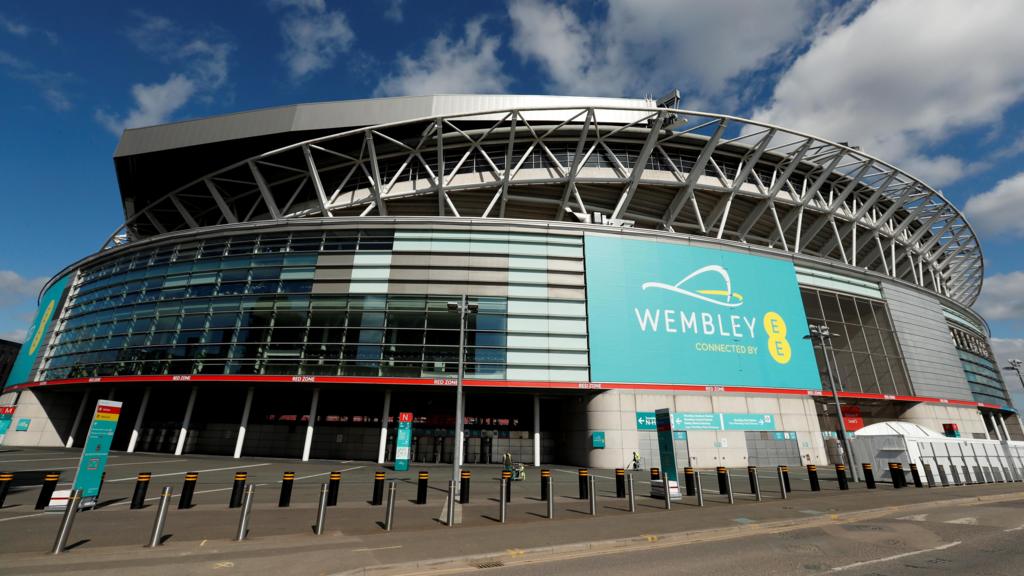Legislation aimed at curbing unauthorized entry into football matches in England and Wales has passed the House of Commons, potentially leading to bans for offenders.
The bill establishes unauthorized entry to a football match as a criminal offense. A conviction under this law would result in a court-imposed ban from attending any professional football games.
In addition to a ban, convicted individuals could face fines of up to £1,000.
While the House of Lords must still approve the legislation, its passage into law is anticipated, given the support from both the government and the Conservative party.
Unauthorized entry encompasses various methods, including tailgating through barriers, forced entry, bribery of stadium staff, and deceptive tactics like impersonating staff members.
The proposed law is a response to the disorderly scenes at the Euro 2020 final at Wembley in 2021, during which thousands of fans gained unauthorized access to the stadium.
An independent report commissioned by the Football Association, led by Baroness Louise Casey, concluded that the events could have resulted in fatalities and recommended criminalizing tailgating.
The measures would apply to fans attempting to enter the stadium premises, such as at the initial ticket check, even if they do not successfully enter the match itself.
However, the law would not apply to individuals who enter a match with a counterfeit ticket they genuinely believed to be valid or those using a valid ticket they were ineligible to use.
Furthermore, it would not affect individuals with legitimate reasons to be present at matches without tickets, such as stadium employees, journalists, and emergency personnel.
Labour MP Linsey Farnsworth, the bill’s proposer, asserted that the law is necessary due to the current lack of consequences, which allows “ticketless individuals can and do repeatedly attempt to gain entry to a match until they give up or are indeed successful.”
The MP for Amber Valley, Derbyshire, recounted the “uneasy” experience of two friends at the Euro 2020 final, which deterred them from attending future England games.
Farnsworth stated that the aim is for the measures to be in effect by the start of the upcoming football season.
Conservative MP Sir Christopher Chope voiced concerns, suggesting that the change risked trivializing legislation and that the Euro 2020 final incident was an isolated event.
Security Minister Dan Jarvis countered that the issue was recurring, stating that “forced entry, tailgating, and so-called jibbing, are not victimless acts.”
He elaborated that “Those involved are often aggressive, violent or threatening, and their actions can lead to overcrowding, blocked emergency exists and frightening conditions for innocent fans.”
A similar bill was introduced in the previous parliament but did not pass before the general election.
Andrew Watt was found guilty of throwing a projectile at Viljami Sinisalo from a section of Ibrox Stadium occupied by Rangers supporters during a derby match in May.
Scottish football clubs are advocating for stricter banning orders for fans who introduce pyrotechnics into stadiums.
Police reports indicate that a woman was “very distressed” following an assault during Southport’s match against Chorley.
Disruptions occurred both before and after the Sheffield United-Sheffield Wednesday game in November.
Arsenal fan and police officer Det Con Gordon Irikefe was charged after throwing a flare into a crowd and making offensive chants.

